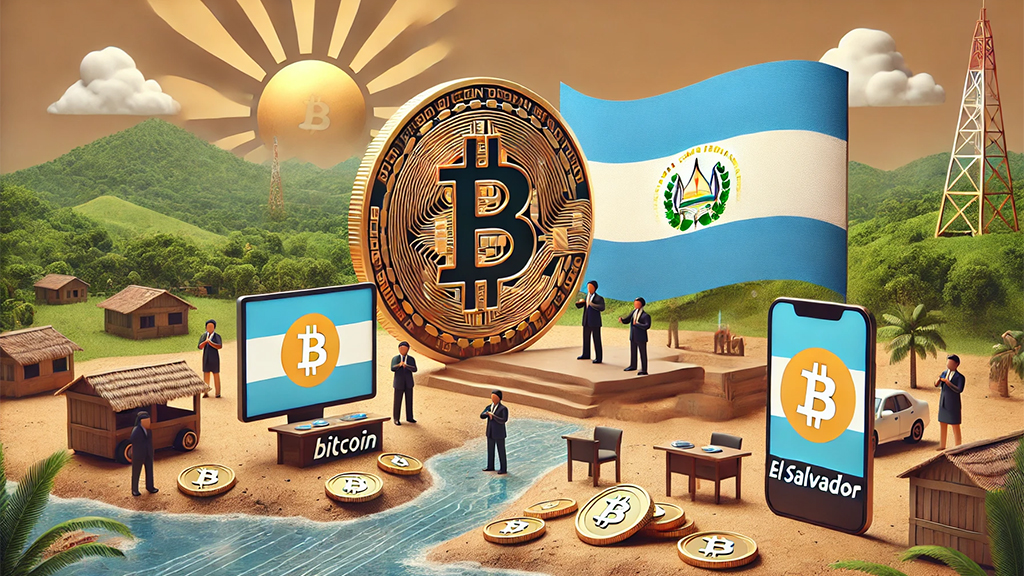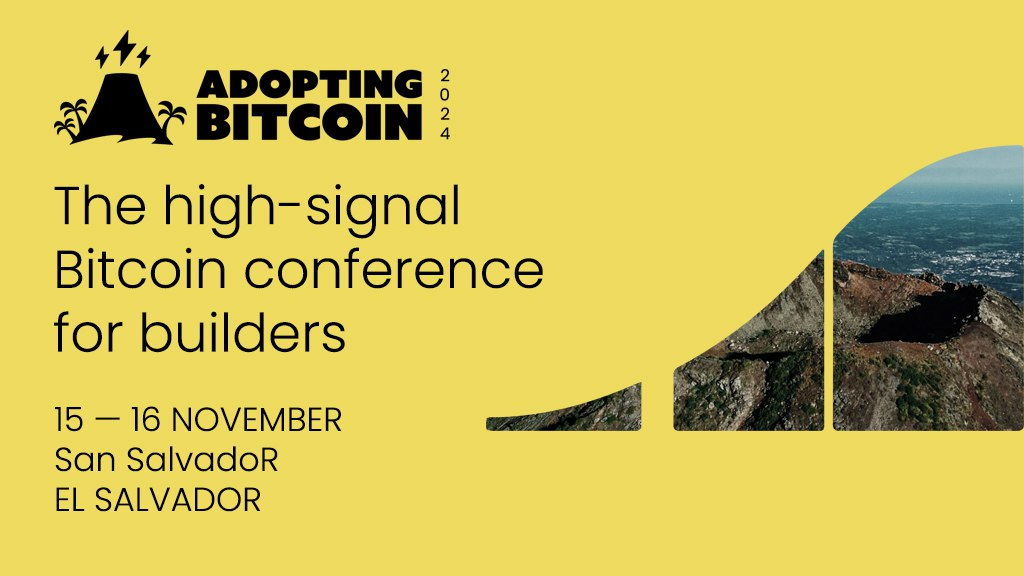
El Salvador’s President Nayib Bukele, long known for his enthusiastic support of Bitcoin, has admitted that the cryptocurrency experiment in his country has not fully lived up to initial expectations.
In an interview with TIME magazine, the millennial leader acknowledged that fewer Salvadorans than anticipated are using Bitcoin, despite the country’s pioneering efforts to make it legal tender.
Bitcoin’s Limited Adoption in El Salvador
In 2021, El Salvador made headlines around the world when it became the first country to adopt Bitcoin as legal tender, alongside the U.S. dollar. The move was part of Bukele’s broader vision to position the small Central American nation as a global hub for cryptocurrency. Under the policy, businesses in El Salvador were required to accept Bitcoin for transactions, provided they had the technological means to do so. However, despite these efforts, Bukele conceded in that Bitcoin “hasn’t had the widespread adoption we hoped for.”
Although Bitcoin’s adoption has not reached the levels the government initially projected, Bukele emphasized that the cryptocurrency remains voluntary.
“We have never forced anyone to adopt it,” he told TIME.
This approach allows Salvadorans to choose whether or not to embrace Bitcoin, reflecting Bukele’s commitment to personal freedom in financial decisions.
Wearing a dark suit to look more “authoritarian” 😌
Full interview: https://t.co/dXR5eVmsM1
Entrevista completa en español: https://t.co/wGWW9ZgdoO pic.twitter.com/ViGBkIJ3JU
— Nayib Bukele (@nayibbukele) August 29, 2024
The Bitcoin Experiment: Pros and Cons
Since announcing Bitcoin’s legal tender status, Bukele has faced criticism from various international organizations, including the International Monetary Fund (IMF) and U.S. lawmakers. Despite this, he has remained steadfast in his support for Bitcoin, even purchasing significant amounts of the cryptocurrency to add to El Salvador’s national reserves.
According to government data, the country currently holds 5,857.76 BTC, valued at over $348 million.
The government’s efforts to promote Bitcoin included distributing $30 worth of the cryptocurrency to each Salvadoran citizen in 2021. Bukele remains optimistic that those who choose to invest in Bitcoin will see long-term gains.
“If [Salvadorans] use it now, they will probably have gains in the future,” he told TIME.
Nevertheless, he acknowledged that the experiment “could have worked better” but pointed out that there is still time for improvements.
Bukele’s Broader Popularity and Policy Successes
Despite the challenges in promoting Bitcoin, President Bukele continues to enjoy widespread support at home, largely due to his aggressive stance on crime. His administration’s crackdown on the country’s notorious street gangs has significantly reduced violence, earning him praise from many Salvadorans. In fact, his policies have led to the imprisonment of roughly 1% of the country’s population, a bold move aimed at curbing gang-related violence.
Bukele explained that the goal of imprisoning gang members is not punitive, but rather to protect law-abiding citizens.
“[The gangs] cannot be in the community besieging their neighbors,” he told TIME, highlighting his government’s focus on public safety.
While Bukele admits that Bitcoin adoption has not reached the levels he originally envisioned, he remains confident that the experiment has not caused any major harm. He sees it as a work in progress, with room for improvement.
“It hasn’t resulted in anything negative,” he remarked, maintaining that the country’s Bitcoin initiative still holds promise for the future.

